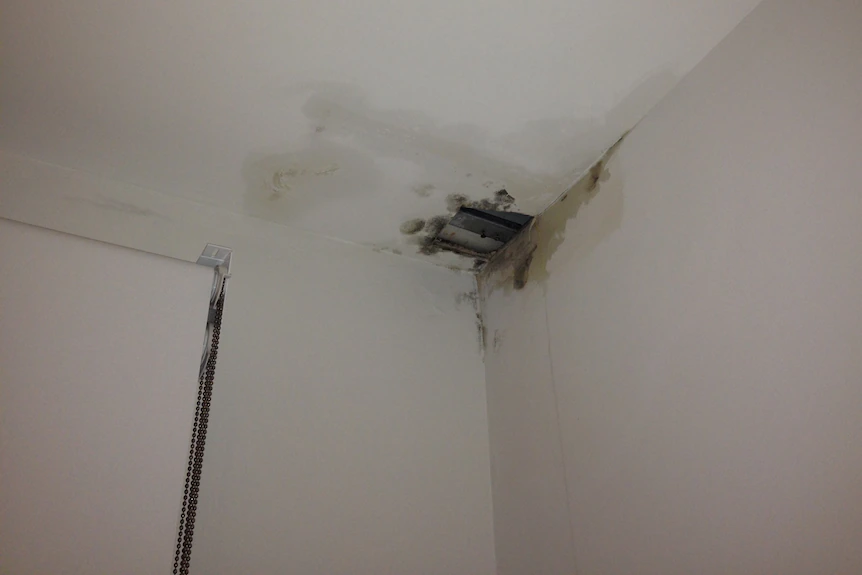Abstract
With growing dismay in the quality of delivery of medium and high-density apartment construction market, the NSW Government has again led the nation in development of a program to action remediation of past developments and avoid the excessive legal and expert costs all parties are expending trying to find resolution to building defects, introducing, Project Intervene.
Content
Project Intervene is a new scheme that was launched by the building commissioner in November 2022 that offers willing parties an alternate pathway to remediate serious building defects as an alternate to litigation, which is a lengthy and exhausting method. The Project Intervention Scheme provides a platform for owners corporations to have serious defects remediated by providing developers with an incentive to carry out remediation works.
The Project Intervene program will allow the commissioner to negotiate with builders and developers to compel developers to correct defects under the powers of NSW Fair Trading. It will help avoid lengthy litigation procedures and help both owners’ corporation and also the homeowners personally. Since the launch of the project in mid-2022, 101 owners’ corporations have applied and 49 buildings have been inspected, with 33 builders and developers voluntarily submitting draft building work rectification orders with 16 of them signing legally binding undertakings.
This scheme applies to the following scenarios:
- The building must be a class 2 residential apartment building with three or more storeys (a storey of a building is from the ground up and does not include levels below ground);
- There must be a serious defect and it must relate to one of the five building elements in the common property;
- The developer or builder who did the building work must still be active or trading;
- The occupation certificate was issued in the last 10 years.
A block in Canterbury-Bankstown that was completed in 2017 has become so damp that stalactites are growing on the roof of the garage. It has jokingly been named “Jenolan Caves” by one of the apartment owners. The water that is seeping through the structure is ultimately eroding the reinforcement in the concrete slab. This unnamed project is just another prime example on the effects of developer negligence and its detrimental effects on apartment owners.



